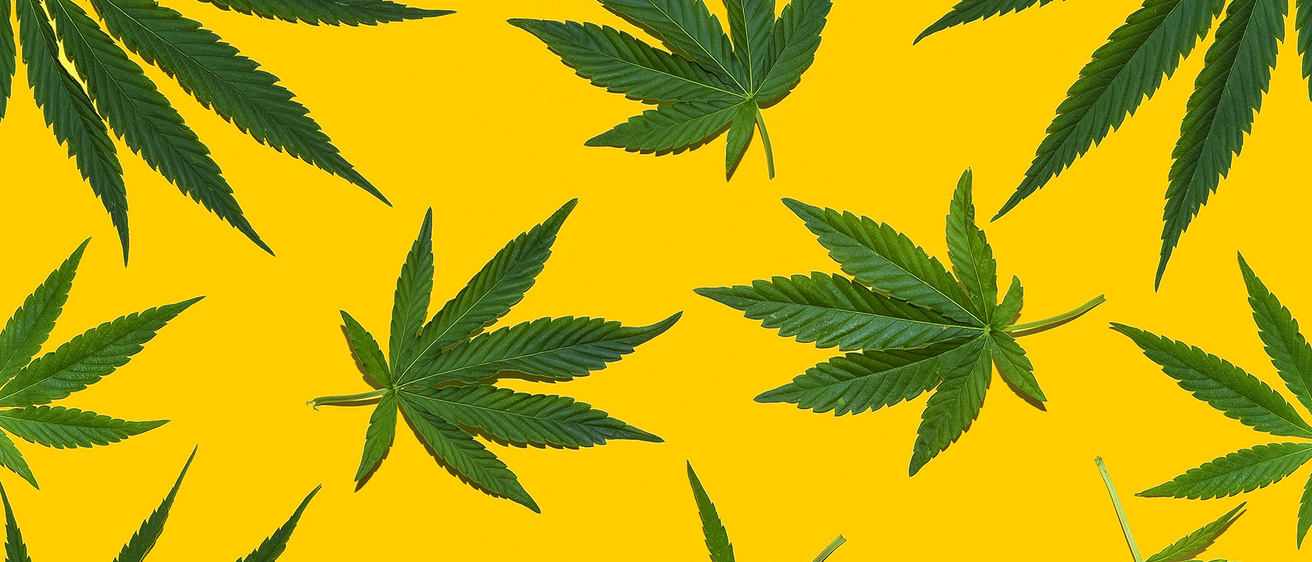With more states legalizing marijuana, health officials worry this “reefer madness” will lead to an array of public health problems, with increased vehicle crashes near the top of their list.
They point to the harm already caused by people who drive under the influence of alcohol and argue legalization of another mind-altering chemical will lead to even more crash-related injuries and fatalities.
But a study published by a Tippie researcher finds that automobile insurance premiums actually decrease in states after they’ve legalized weed, suggesting that driving under the influence of marijuana may not be as dangerous as driving while intoxicated with alcohol.

Cameron Ellis, assistant professor of finance, analyzed vehicle insurance data at the zip code level and found that in states that legalized marijuana for medicinal purposes between 2014 and 2019, premiums actually declined by an average of $22 per driver in the first year.
He found the effect was even more substantial in zip codes that held a dispensary or were near one, so that proximity to marijuana lowered premiums even more. He said about $820 million has been saved so far in crash-related health expenditures as a result of legalization.
Ellis cautions his study looked at medicinal marijuana only and so may not apply to recreational marijuana. But the finding is counterintuitive to the idea that more drivers on the road under the influence of mind-altering substances will lead to more crashes and higher vehicle insurance rates. Another finding could explain why—the study also found insurance premiums decreased significantly in areas where there had been more drunken driving arrests prior to the legalization of marijuana.
That finding suggests many of the people who had been driving under the influence of alcohol turned instead to marijuana, which has a very different effect on drivers.
Ellis said alcohol tends to make drivers more aggressive and overconfident, so they drive faster and take greater risks, increasing the likelihood of a crash. Marijuana, on the other hand, has a mellowing affect and makes drivers more aware of their inabilities so they drive slower and take fewer risks, reducing the likelihood of a crash than if they were drunk.
$820M
Money saved so far in crash-related health expenditures (post legalization)
When a state legalizes marijuana, Ellis said many of those drunk drivers appear to become stoned drivers and are less likely to cause crashes.
In addition, he said most people who smoke marijuana do so in their own homes so they are less likely to drive. Many drunk drivers, on the other hand, drink in bars or restaurants and then attempt to drive home.
He said that if medicinal marijuana was legalized nationally, another $320 million could be saved in crash-related health expenditures.
The study, “Medical cannabis and automobile accidents: Evidence from auto insurance,” was published in June 2022 by the journal Health Economics.
This article appeared in the 2023 issue of Exchange magazine.
